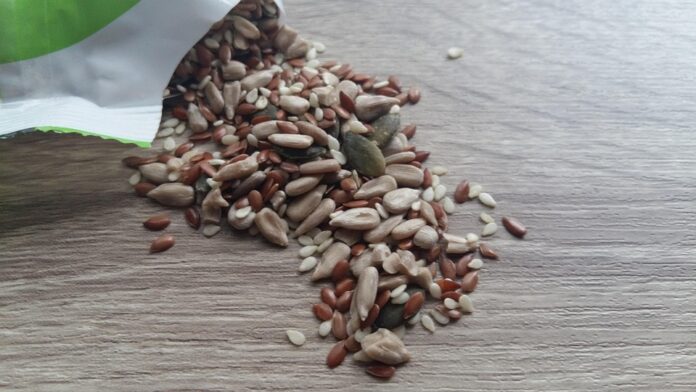The Growing Demand for Organic and Sustainable Flaxseed: What’s Driving It
Flaxseed has been gaining popularity in recent years as a superfood due to its numerous health benefits. Not only is it rich in omega-3 fatty acids and fiber, but it also contains high levels of antioxidants and lignans, which have been linked to a reduced risk of heart disease, cancer, and other chronic illnesses. As consumers become more health-conscious and environmentally aware, the demand for organic and sustainable flaxseed has been on the rise.
Health Benefits Driving Demand
One of the main factors driving the growing demand for organic and sustainable flaxseed is its impressive array of health benefits. Studies have shown that flaxseed can help lower cholesterol levels, reduce inflammation, improve digestive health, and even aid in weight loss. As more people become aware of these benefits, they are increasingly incorporating flaxseed into their diets.
Rising Interest in Organic Foods
In addition to its health benefits, the growing demand for organic and sustainable flaxseed can also be attributed to the broader trend towards organic foods. Consumers are becoming more concerned about the use of pesticides, synthetic fertilizers, and genetically modified organisms in conventional agriculture. As a result, they are seeking out organic alternatives, including flaxseed, which is often grown without the use of harmful chemicals.
Environmental Sustainability
Another key driver of the demand for organic and sustainable flaxseed is the increasing focus on environmental sustainability. Conventional agriculture practices can have a significant impact on the environment, including soil erosion, water pollution, and loss of biodiversity. By choosing organic and sustainable flaxseed, consumers can support farming methods that are better for the planet, such as crop rotation, cover cropping, and natural pest control.
Market Trends and Opportunities
The market for organic and sustainable flaxseed is expected to continue growing in the coming years. According to a report by Grand View Research, the global organic flaxseed market size was valued at $500 million in 2020 and is projected to reach $900 million by 2027, with a compound annual growth rate of 8.5%. This growth is driven by increasing consumer awareness of the health benefits of flaxseed, as well as the demand for sustainable and environmentally friendly products.
Key Players in the Industry
Several companies are capitalizing on the growing demand for organic and sustainable flaxseed. One of the leading players in the market is Manitoba Milling Company, which specializes in organic flaxseed products. Another key player is Spectrum Essentials, a brand owned by Hain Celestial Group, which offers a range of organic and sustainable flaxseed products, including oils, seeds, and supplements.
Challenges and Opportunities
While the demand for organic and sustainable flaxseed is on the rise, there are still challenges facing the industry. One of the main challenges is ensuring a consistent and reliable supply of organic flaxseed, as it can be more difficult to grow and harvest compared to conventional flaxseed. However, this challenge also presents an opportunity for farmers to capitalize on the growing market demand and premium prices for organic flaxseed.
Conclusion
In conclusion, the growing demand for organic and sustainable flaxseed is being driven by a combination of factors, including its health benefits, rising interest in organic foods, and environmental sustainability. As consumers continue to prioritize health and sustainability in their food choices, the market for organic flaxseed is expected to expand further. Companies that can meet this demand for high-quality, organic flaxseed products stand to benefit from this growing market trend.




